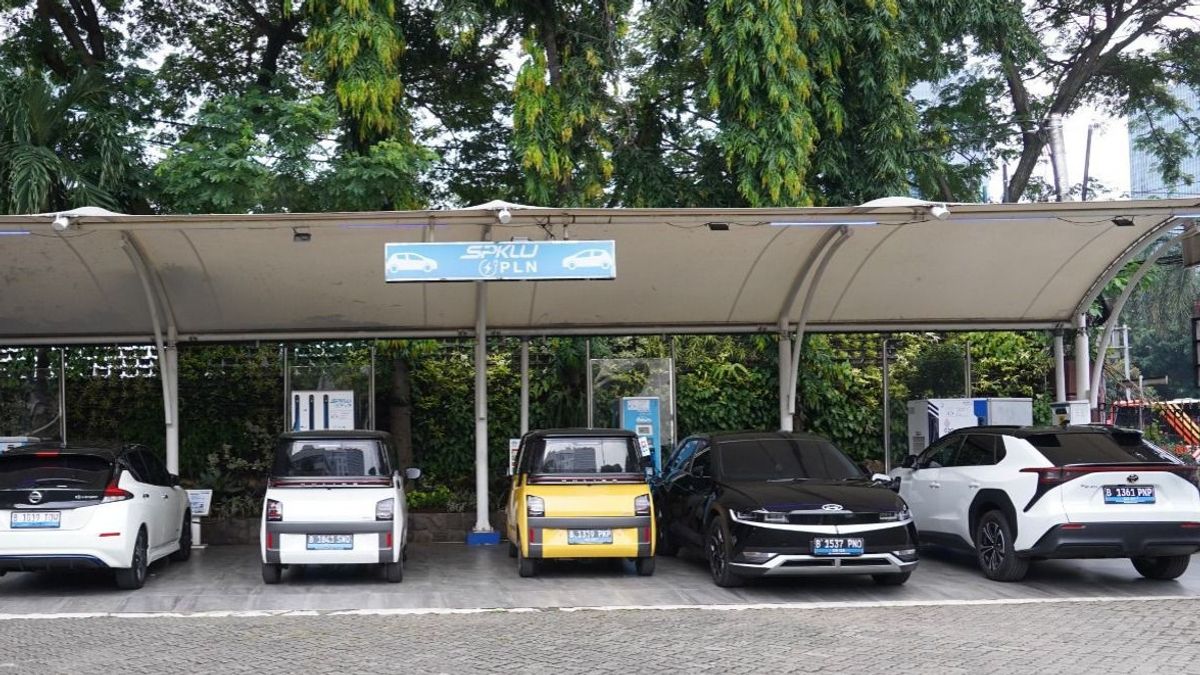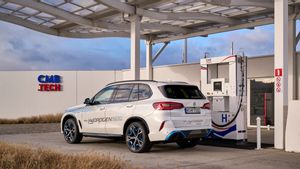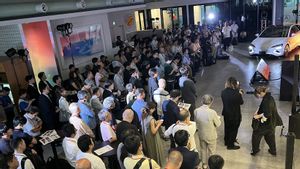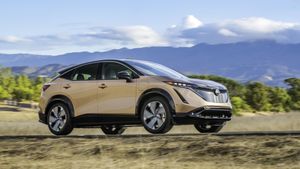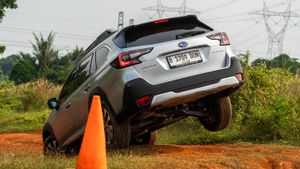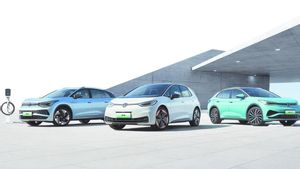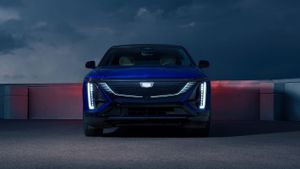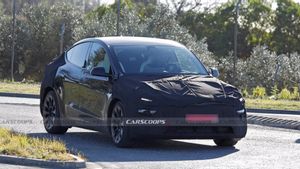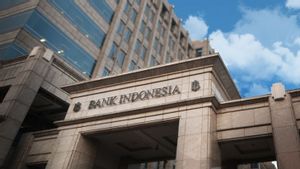JAKARTA - One of the main factors that support the progress of the use of environmentally friendly transportation (electric vehicles) is charging infrastructure.
Over the past five years, SOEs have shown a strong commitment in the energy transition of the transportation sector, which is marked by significant growth of 4,100 percent of Public Electric Vehicle Charging Stations (SPKLU) in Jakarta.
PLN Main Distribution Unit (UID) Jakarta Raya revealed that in 2019, Jakarta only had 3 SPKLUs. However, as of June 2024, this number jumped to 126 SPKLUs.
"This growth reflects a strong commitment in encouraging the use of electric vehicles as part of efforts to reduce carbon emissions and accelerate the transition to clean energy," said General Manager of PLN UID Jakarta Raya, Lasiran, in a release received on Wednesday, June 26.
SEE ALSO:
Along with the increase in electric car charging infrastructure, the use of electric vehicles in Jakarta has also increased significantly. This is reflected in the number of SPKLU transactions in Jakarta which continues to increase every year. In 2022, there were 9,002 transactions. In 2023, there were 41,384 transactions. In May 2024, 29,449 transactions were recorded. Total transactions over the past three years reached 79,835 transactions, showing high interest from the people of Jakarta in electric vehicles.
In addition, the total electricity consumption for electric car charging reaches 1,686,657 kWh. This amount is equivalent to the average electricity use of 400 kWh per month for 4,216 customers in Jakarta.
This rapid SPKLU growth is clear evidence of our efforts to support the government's program to accelerate the adoption of electric vehicles in Indonesia. We continue to be committed to providing adequate infrastructure for the convenience and convenience of electric vehicle users," said Lasiran.
PLN Jakarta Raya Distribution Main Unit will continue to expand the SPKLU network throughout Jakarta to support the growth of electric vehicles and create a more environmentally friendly city.
"This success cannot be separated from the collaboration of various parties, including the government, the private sector, and the community. We are optimistic that with sustainable support, Jakarta can be an example for other cities in developing a sustainable electric vehicle ecosystem," he concluded.
The English, Chinese, Japanese, Arabic, and French versions are automatically generated by the AI. So there may still be inaccuracies in translating, please always see Indonesian as our main language. (system supported by DigitalSiber.id)
